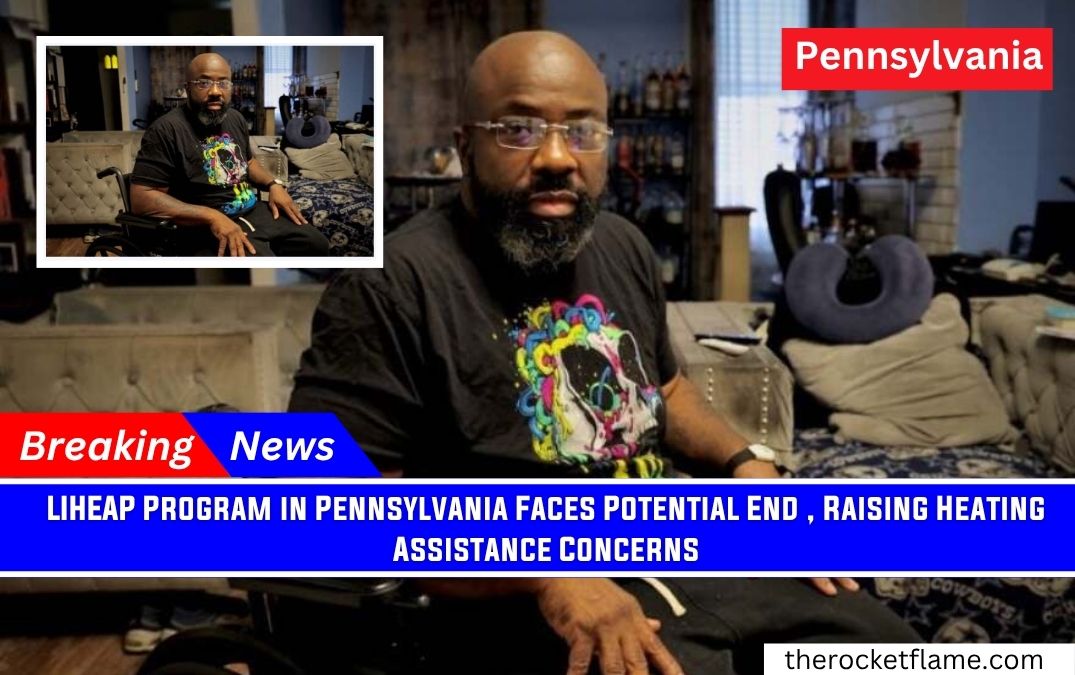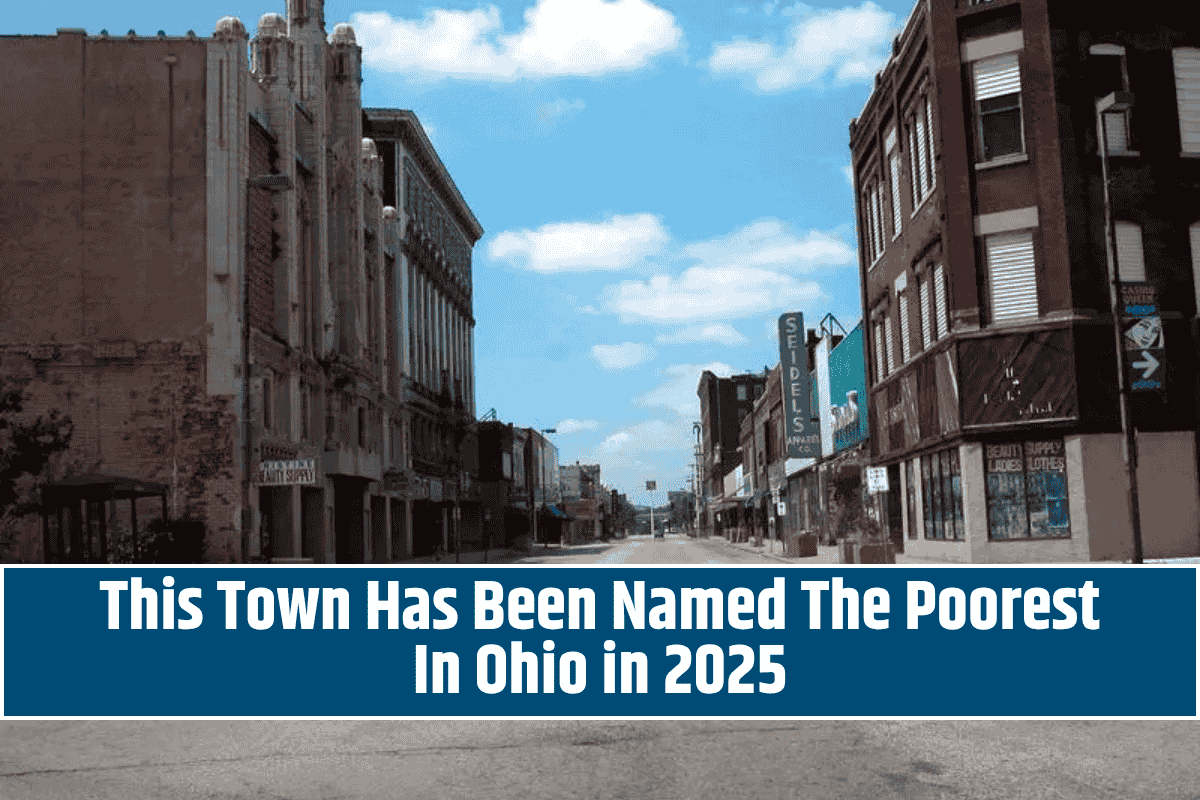The Low-Income Home Energy Assistance Program (LIHEAP), a vital support system helping over a million low-income Pennsylvanians stay warm during winter, faces possible elimination in 2025.
Advocates warn that the proposed federal budget includes zero funding for LIHEAP, which could put many residents at risk of losing essential heating aid.
What Happened
The Trump administration’s proposed 2025 federal budget allocates no funds to LIHEAP, effectively ending the program.
LIHEAP currently provides crucial heating assistance—covering utility bills, emergency furnace repairs, and crisis services—to hundreds of thousands of Pennsylvanians each year.
Key Details
- LIHEAP assists approximately 1.2 million low-income residents in Pennsylvania.
- The program offers cash grants, crisis aid, and emergency furnace repair or replacement.
- Local organizations, such as the Holy Family Institute, help around 35,000 residents apply annually, many of whom are fixed-income seniors.
- LIHEAP covers a wide range of heating sources, including gas, electric, propane, oil, wood, and coal.
Reactions and Statements
Elizabeth Marx, executive director of the Pennsylvania Utility Law Project, emphasized the program’s importance:
“Without LIHEAP, many families will face difficult choices between heating, food, and medicine, leading to serious health and housing issues.”
Michael Sexauer, president of Holy Family Institute, expressed deep concern over the potential loss:
“Fixed-income seniors and vulnerable families will be forced to choose what bills to pay, often at the expense of their health and safety.”
Investigation and What’s Next
The federal budget proposal is still under review, with no definitive decision on LIHEAP’s future.
Meanwhile, officials urge residents facing financial hardship to contact utility providers or local agencies immediately to seek assistance and avoid service interruptions.
FAQs
Q1: What is LIHEAP?
LIHEAP is a federally funded program that helps low-income households pay their heating and energy bills.
Q2: Who qualifies for LIHEAP in Pennsylvania?
Low-income families, seniors on fixed incomes, and individuals facing energy crises typically qualify.
Q3: What happens if LIHEAP funding is cut?
Without funding, thousands may lose heating assistance, risking health problems and housing instability.
Q4: Are there local alternatives if LIHEAP ends?
Smaller programs exist but cannot match LIHEAP’s scale or coverage, especially for emergency heating assistance.
Q5: What should residents do now?
Residents struggling to pay utility bills should contact local agencies or utility companies to explore available help.
Summary / Final Takeaway
The potential elimination of LIHEAP funding in 2025 threatens heating assistance for millions of Pennsylvanians, especially vulnerable low-income families and seniors.
As budget decisions unfold, affected residents are advised to seek support promptly to avoid losing critical heating services during cold months.












